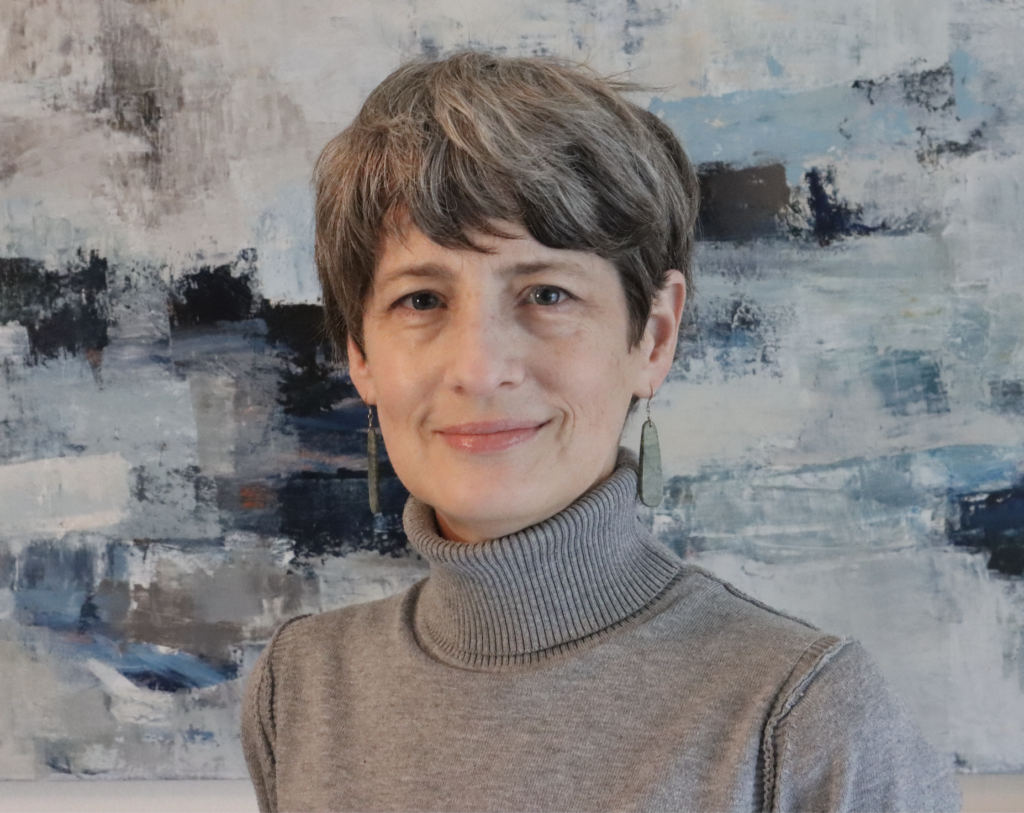
Editor’s note: Home Sweet Home is a regular feature appearing in McKnight’s Home Care Daily. The story focuses on a heartwarming, entertaining or quirky happening affecting the world of home care. If you have a topic that might be worthy of the spotlight in Home Sweet Home, please email Diane Eastabrook at [email protected].
During the pandemic, Carrie Ridge was searching for a way to give back without having to leave the safety of her home. She found what she was looking for in Friendly Voices, a nonprofit that connects lonely seniors — both at home and in long-term care facilities — with volunteers through weekly phone calls.
“I thought, we’ll talk our way through the pandemic together,” said Ridge, of Carmel, CA, who has been volunteering with Friendly Voices since it debuted in April of 2020. She currently talks to two seniors — one in nearby Mountainview, CA, and one in Kansas — every week.
“I love knowing I’m making that person’s day,” said Ridge, who has spent a career in nonprofits and fundraising and is currently not working.

Helping isolated seniors during the COVID-19 lockdown precisely was the mission of Friendly Voices, explained Laura Steuer, director and co-founder of the organization.
She and a colleague “launched it really in response to what we were all reading in the media — the horrific isolation in nursing homes,” Steuer said. “I was restricted to my home and reading about residents being in their rooms 24/7 … I could not imagine literally being in my room 24/7.”
The connection between loneliness and negative mental and physical health is clear, Steuer noted. There is also a wealth of research that points to the benefits of conversation for lonely people, she said.
While there are other phone buddy programs — such as those through AARP and Institute on Aging — Friendly Voices has some unique characteristics, Steuer explained. Among them, it is intentionally a phone program, not one that morphed from a senior visitor program, for example.
“Everyone knows how to use a phone,” said Steuer, who previously spent 10 years running a nonprofit that specialized in phone outreach for women healing from infidelity, “If they don’t have a phone they have access. There is no learning curve, [as with] with Zoom or Facetime or computer, which not every senior has access to.”
Other distinguishing characteristics of Friendly Voices: It is not a one-time referral line for call-ins; it strives for long-term connection. And volunteers receive extensive training in how to talk to seniors, teaching validation and empathy, Steuer said. In addition, calls are logged and tracked, and the organization is HIPAA-compliant.
The organization currently has 42 active volunteers who serve about 57 seniors around the country. Volunteers log about 300 to 400 minutes with seniors on the phone per week, according to Steuer.
Ridge, who talks to her senior in California twice a week for 15 to 20 minutes each time, feels close to her friend, who lives at home with her adult daughter. They have talked during high and low points during the pandemic, and her senior has entrusted her with personal thoughts and feelings.
“She doesn’t know what she’d do without my phone calls,” Ridge said. “She says she doesn’t feel so lonely anymore. She just feels that there is someone else out there who cares.”
This article originally appeared on McKnight's Senior Living


